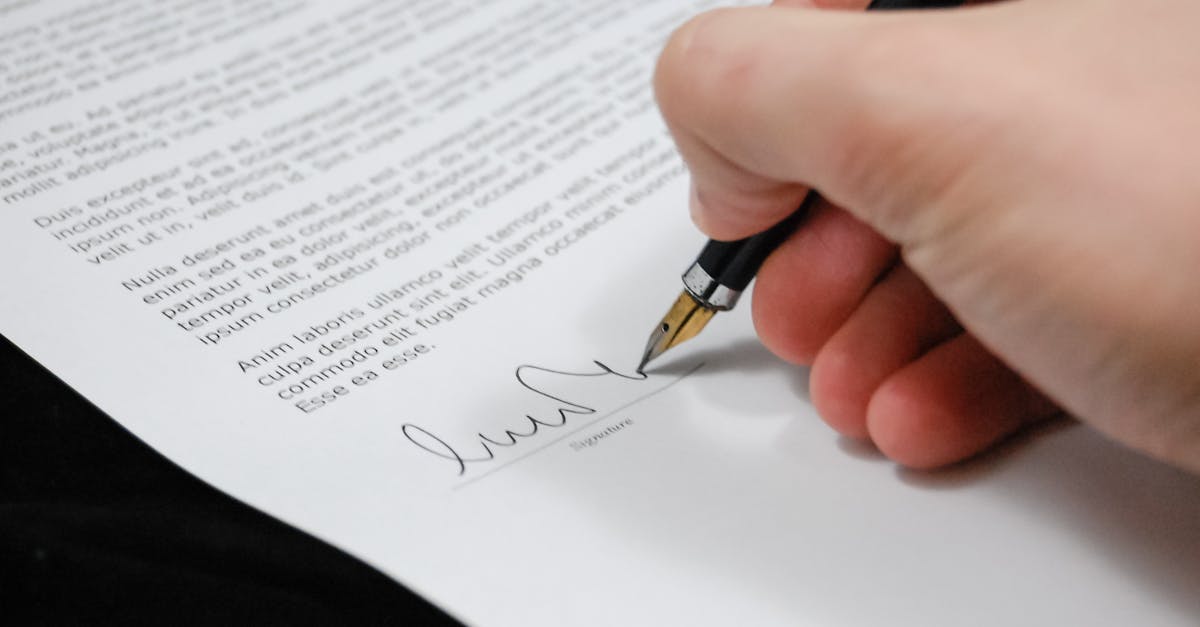Kauaʻi County is leading the charge in wildfire safety with the implementation of Bill 2961, a landmark ordinance that introduces wildland urban interface (WUI) standards into its zoning and permitting regulations. This pioneering move, as highlighted by Maui Now's recent report, aims to protect vulnerable plantation-camp districts, which face an increasing risk of wildfires. This legislation, signed into law on September 8, 2025, by Mayor Derek S.K. Kawakami, is a proactive measure to address growing concerns about wildfire risks and their impact on communities and businesses located in these areas.
The adoption of Bill 2961 is particularly significant for local businesses and the real estate sector. The ordinance focuses on critical aspects such as fire mitigation, home-hardening, and defensible-space standards kauainownews.com. These changes impact the construction and renovation of properties, potentially increasing building costs but also enhancing safety and property values in the long run. By embedding these standards into the plantation camp codes and updating the West Kauaʻi Community Plan, as reported by Spectrum Local News, the county is taking steps to create a safer environment for residents and businesses.
The ordinance's focus on home-hardening and defensible space may necessitate businesses and homeowners to make specific modifications to existing structures. This includes using fire-resistant materials, clearing vegetation around buildings, and ensuring proper fire breaks. These actions, while potentially increasing initial costs, can significantly reduce the risk of property damage and business interruption in the event of a wildfire. As Overstory Hawaii reports, this initiative also demonstrates how the county's departments are working together to enhance the preparedness of the community.
The Kauaʻi County Council's unanimous support for Bill 2961 reflects a broader recognition of the need for proactive wildfire mitigation strategies. This ordinance could serve as a model for other counties in Hawaiʻi, potentially influencing statewide policy and regulations. For entrepreneurs, investors, and real estate professionals, this represents a crucial shift in the local business landscape. It underscores the importance of risk assessment, compliance with evolving safety standards, and adaptation to environmental challenges. Businesses that proactively incorporate these safety measures into their operations are better positioned to protect their assets, maintain continuity, and foster community resilience.



